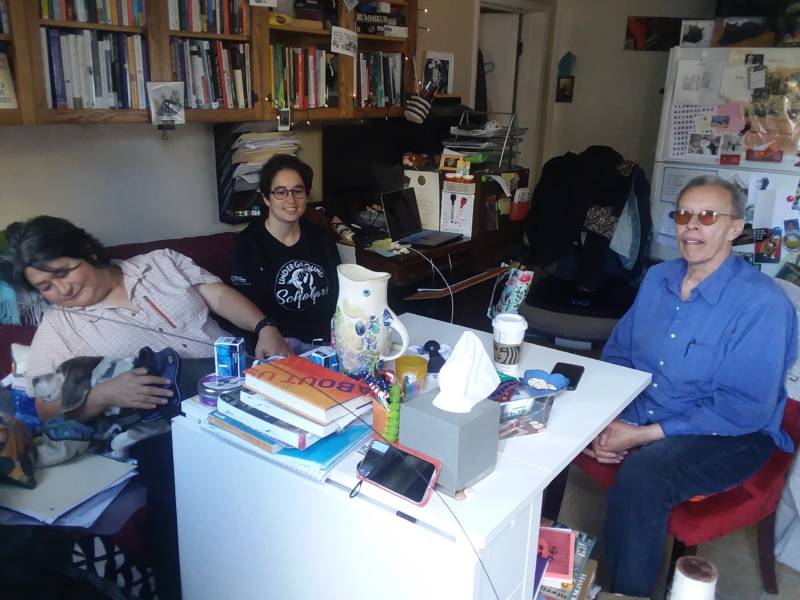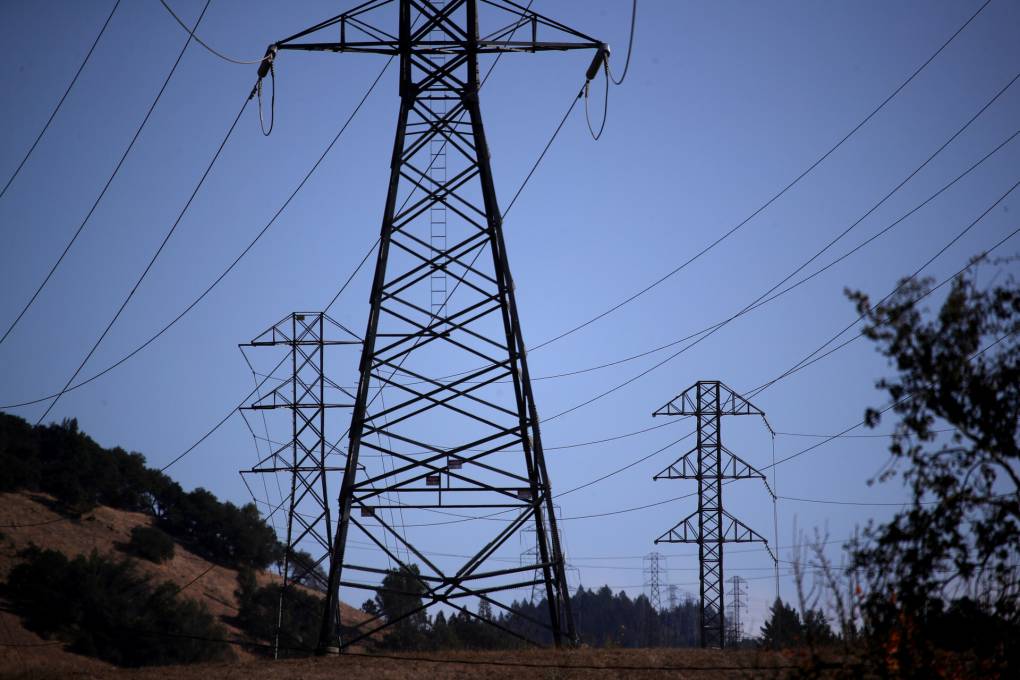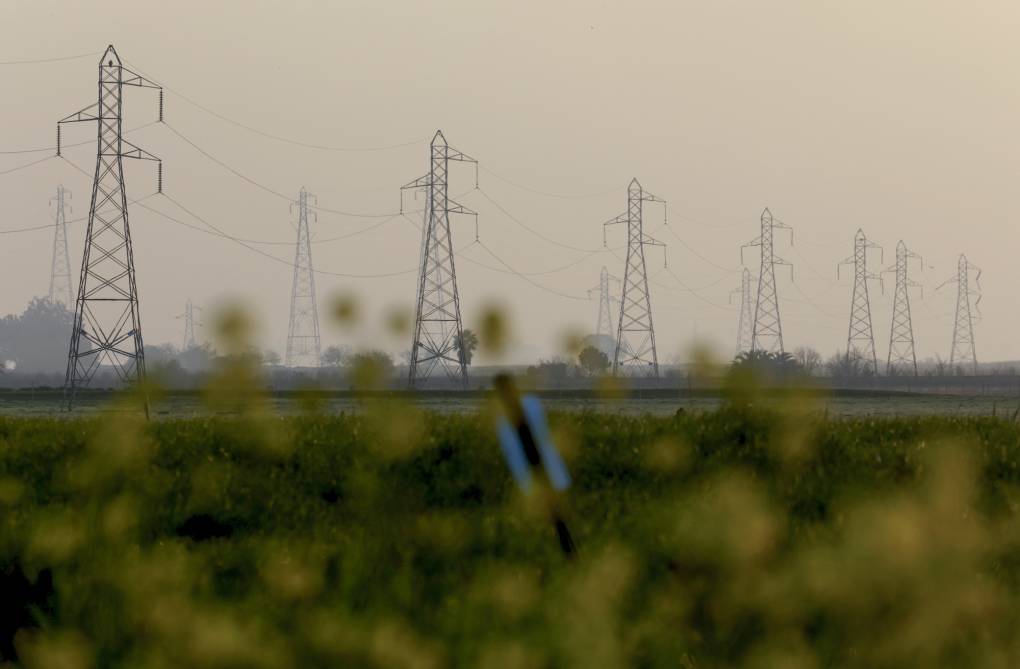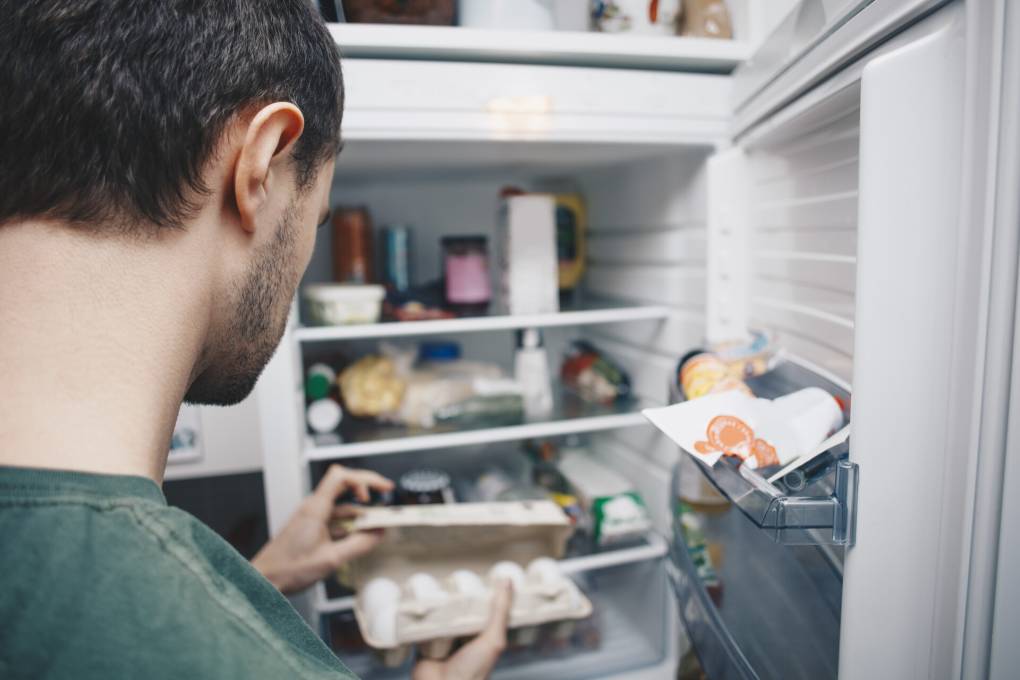The list was largely created to help people with disabilities, many of whom depend on power for essential resources like breathing and mobility devices, said Savin, a social worker and disability activist who has diabetes and needs her insulin supply refrigerated. It's a community, she noted, that largely felt neglected by authorities in the run-up to this week's power outage.
"I've been preparing in case I lost electricity, which I need for multiple medical things, and collaborating with other folks around trying to have contingency plans and making sure people know that I do have power now for anyone who needs it," Savin said.
Savin said people with disabilities she's spoken to still can't believe that the public service agencies and utilities they rely on didn't seem to have any concrete backup plan to accommodate them during an outage like this.
"I think there's been a lot of shock and just a lot of distress," Savin said. "Even people who didn't lose power, we all had to prepare for it and we all had to see that PG&E and the city didn't have a plan, even though we've seen all of these natural disasters, and seen that elderly and disabled people are usually the ones that are harmed or killed first. Nobody seemed to really care enough."
On the spreadsheet, Savin offered food, outlets, space in her fridge and access to a "comforting cat." Her two guests on Thursday hadn't found each other through the list — they're old friends — but they all agreed that a community resource list was an essential safety net for people with disabilities with few other options.
"It has just been such a mess," said Karen Nakamura, who was also there that day and is a professor of disability studies. She said she was flabbergasted by the insufficient preparation and response, not just from PG&E, but also from the cities of Berkeley and Oakland and even from her employer, UC Berkeley.
"We in the disability community have been telling them for years that they need to prepare for events like this," Nakamura said. "These are all things that we should have had prepared months, if not years, before. We live in wildfire and earthquake country — this is just absolutely untenable."
Local disability rights activists were particularly outraged by a Twitter message that the city of Berkeley sent on Tuesday in advance of the power outage. In response to one activist about what help would be available for people with disabilities, the city wrote in a tweet, "We are asking those in the potentially affected area who are power-dependent for medical reasons to use their own resources to get out."



